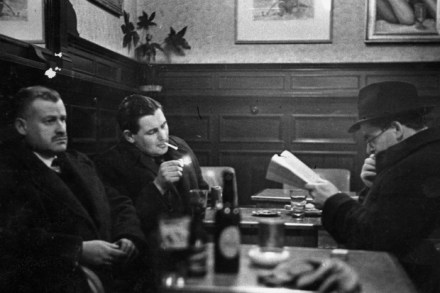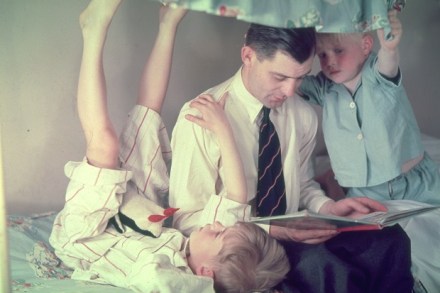Was Flann O’Brien at his best when writing about drink? (Answers on a damp stressed envelope, please)
More from BooksOn his deathbed in Dublin in the spring of 1966, Flann O’Brien must have been squiffy from tots of Paddy. A bottle of the amber distillate was smuggled in to the hospital on April Fool’s Day by a couple of well-wishers. O’Brien rang the bell to summon a nurse. ‘Sister,’ he told her solemnly, ‘I






























